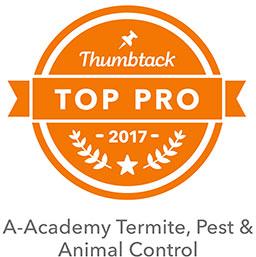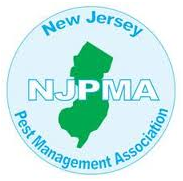
Commercial Pest Control in New Jersey
Household and pantry pests can flourish in a business and cause tremendous damage by contaminating food and other organic products. Insects annually cost Americans millions of dollars when they become a serious problem in restaurants or food storage facilities. For example, carpet beetles damage linen, cotton, and rayon and cause damage to furniture, as well as carpets.
Hiring a New Jersey Pest Pro
As pests primarily come out at night to forage, the business owner may not realize that there is an infestation. However, pest control professionals have the knowledge and expertise to ensure that a business is pest-free and that steps are taken to ensure that any dangerous and destructive insects are not only eradicated but cannot come back. We are thoroughly knowledgeable regarding all the pests native to New Jersey. A-Academy Termite and Pest Control has served New Jersey and the surrounding areas for years. Get protection from these pests simply by calling us and getting a free pest control quote.
Many Businesses in New Jersey Struggle with Roaches
Cockroaches can spread 33 different types of bacteria, including Salmonella and dysentery, as well as several other pathogens. These pests also cause significant allergic reactions that can result in asthma and pulmonary disease, especially in children and the elderly. The most common species of cockroach found in New Jersey are the German, American and Oriental cockroaches.
The largest roach species found in New Jersey is the American cockroach, which can grow two inches long. This species is particularly aggressive and has been known to forge in the daytime rather than being primarily nocturnal like other species. These dangerous pests will eat anything that humans eat and are attracted to garbage, food, and yard debris. They live anywhere warm and damp, such as basements and sewers.
American Cockroach
They enter businesses by crawling under doors or crawling up sewer pipes. Once inside, they tend to live in cracks or crevices near food and water, which increases the risk that they will build large cockroach nests under sinks, in crawl spaces, or under appliances.












